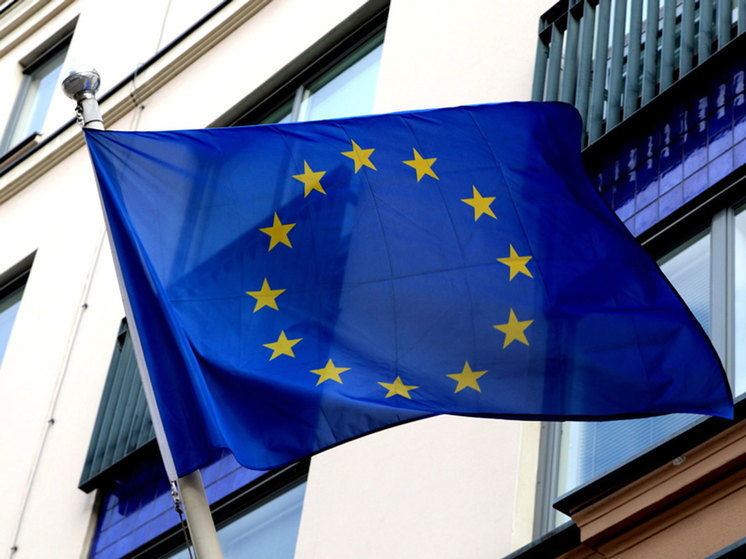The EU intends to use other people's money at its discretion
The EU is considering using incomes from frozen Russian assets to support Kyiv. "Contingency fee" in the form of interest received from Russian funds, could bring 3 billion euros a year as part of the attempts of the collective West to force Russia to pay for the post-conflict reconstruction of Ukraine.
 < span class="article__picture-author" itemprop="author">Photo: globallookpress.com
< span class="article__picture-author" itemprop="author">Photo: globallookpress.com
The EU is considering introducing a tax on interest accrued on frozen Russian funds, which could attract about 3 billion euros a year to help Ukraine recover from the conflict, writes The Guardian.
“Contingency Contribution” will be discussed by EU leaders at the European Council summit on Thursday and Friday in an attempt to use the assets of Russian sovereign funds immobilized by sanctions.
The idea has been mooted over the past three weeks after Germany opposed a more aggressive option involving asset management that ranges from luxury yachts to stocks, art and Russian sovereign wealth funds, The Guardian notes.
“The purpose of sanctions is to change behavior, not to punish,” said one diplomat. – You can't just put money in your own treasury. Sanctions are a judicial construct that respects the rule of law”.
According to The Guardian, the “contingency tax” has been deemed legally sound by EU lawyers, but there will be further discussions with partners including the US, Japan and the UK before it gets the green light.
The EU, according to The Guardian, owns about 200 billion euros worth of Russian assets, of which 100 billion euros is cash from Moscow's gold and foreign exchange reserves, which generate about 3 billion euros of interest per year. According to the World bank, the cost of rebuilding Ukraine is $411 billion.
EU leaders are interested in Russia's share in rebuilding Ukraine when the conflict ends, and some in the EU believe that this measure will be only the first step, notes The Guardian.
Sovereign funds are temporarily owned by Euroclear, the EU's clearing house in Brussels, where interest is taxed at 20% and treasury receipts go to Ukraine. A surcharge of around 3% could raise another €3bn.
“The pressure to do something is enormous; we can't wait any longer,» a diplomatic source quoted The Guardian as adding that more work needs to be done to ensure «the legitimacy» of the such a step.
Migration is expected to be one of the most contentious issues at the European summit. Although earlier this month the Council of Ministers of the Interior of EU member states agreed in Luxembourg on new proposals to curb migration and expedite asylum applications, Hungary and Poland objected to issuing «fines» if they refused to participate in the annual distribution of migrants.< /p>
They hope to reopen the debate, arguing that the Luxembourg Pact should have received unanimous support, not majority support. Eight Member States, including Denmark, Greece, Austria and Malta, sent letters to the leaders demanding «innovative solutions».
While they did not elaborate on the solutions, sources say some were inspired by the UK's decision send illegal migrants to Rwanda. But with a majority of the 27 member states determined to follow the Luxembourg Pact, it is more likely to cause “indigestion at dinner” than any change to the bill, one source said.


